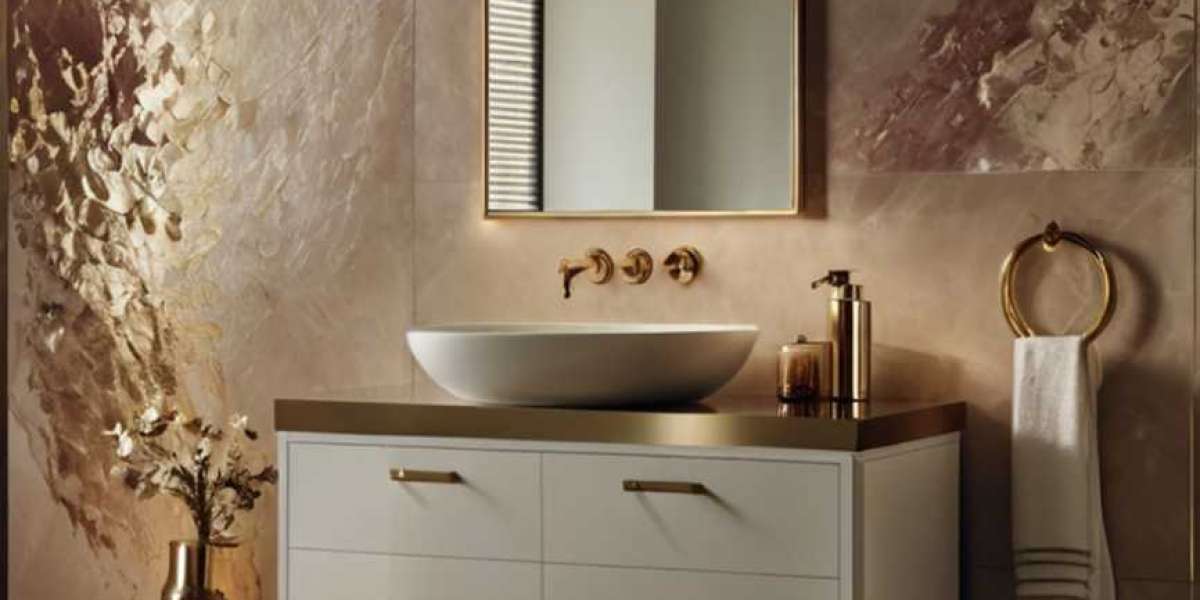The bathrooms may be one of the smallest areas in your home, but when designed, they can be one of the most effective. From daily routines to moments of relaxation, this space plays an important role in comfort, style and even real estate value. Whether you are renovating, refreshing or starting from scratch, it is to master bathrooms for the home in 6 simple, effective steps.
Step 1: Determine the Purpose of the Space
Prior to considering design options, question who the bathroom is for and how it will be utilized. A master ensuite, guest powder room, and children's bathroom all have distinct purposes.
Master bathrooms require comfort, room, and storage.
Powder rooms provide an opportunity for dramatic design with few fixtures.
Family or children's bathrooms require hard-wearing materials and clever storage.
Pro tip: Design with function first, and then structure your design around it.
Step 2: Design a Functional Layout
The optimal layout breaks or makes a bathroom. Consider the circulation path, fixture spacing, and door and drawer clearances.
Provide at least 30" in front of toilets and vanities.
Maintain wet zone (shower/tub) and dry zone (vanity/toilet) clearly separated.
In tight spaces, use wall-mounted sinks or sliding doors to conserve space.
Pro tip: Avoid layout regrets by using online design tools or a pro.
Step 3: Select Water-Resistant, Long-Lasting Materials
Bathrooms encounter day-to-day moisture and heat. Select materials that not only appear beautiful but also resist the environment.
Flooring: Porcelain or ceramic tile is perfect.
Walls: Waterproof paint or wet areas tile.
Counters: Select quartz, granite, or solid surface for longevity.
Pro tip: Choose low-maintenance finishes so your bathroom appears fresh with minimal effort.
Step 4: Layer the Lighting
Most bathrooms have inadequate lighting. Correct this with a three-layer solution:
Ambient lighting (ceiling) for overall brightness
Task lighting (in the vicinity of mirrors) for grooming
Accent lighting (along cabinets or niches) for ambiance
Pro tip: Use dimmers so your bathroom becomes bright when it's needed and soft and calming at night.
Step 5: Optimize Storage Without Clutter
Even compact bathrooms require ample storage to prevent clutter. Go beyond the essentials.
Include floating shelves, recessed niches, and vanity drawers.
Utilize baskets and bins to store under-sink space.
Select mirrored cabinets for two-fold functionality.
Pro tip: Construct storage vertically to preserve precious floor space.
Step 6: Add Style With Purpose
Now it's time for the best part—finishing touches. Keep your space together by remaining consistent with a color scheme and adding in textures and natural elements.
Add a statement mirror or faucet
Use soft, high-quality towels and mats
Add plants, artwork, or candles for personality
Pro tip: Even small touches—such as swapping hardware—can make the whole space shine.
For More:
https://click4r.com/posts/g/20526045/how-to-choose-waterproofing-for-a-bathroom








